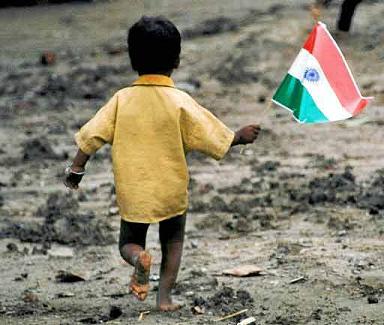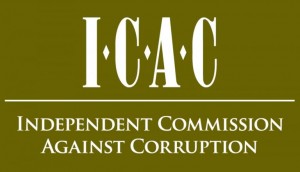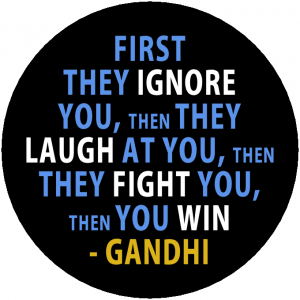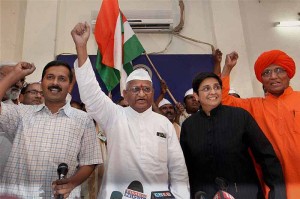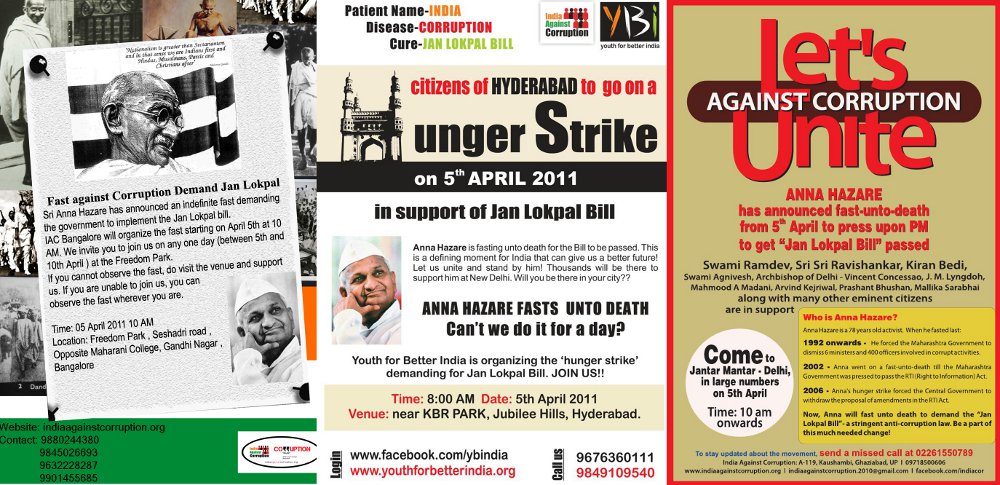We, as a nation, stand today in a moment of reckoning. We are at a fortunate junction where our actions will decide the course our nation and 1.2 billion people will take in the coming decades and centuries. If India’s history were to be written 200 years later, what we do in the next few years will certainly play a very important role. We have broken from the shackles of the license raj and taken the flight of globalization and economic growth. We are expected to be third largest economy soon. But at the same time, we are plagued by many social evils like poverty, illiteracy, corruption, etc. Whether and how we act in this moment of reckoning will decide whether we rise like a phoenix in the 21st century or again loose the opportunity to reclaim the title of “Sone ki Chidiya“.
We have a feel good mentality about our future now. Incomes are rising, jobs are plenty, multinationals have set up shops in different cities and amenities are galore if you want to go out for eating, recreation or just fun. We are one of the fastest growing economies in the world, and our companies like Reliance, TCS, Infosys are going multinational. Our engineers are behind many technological innovations in developed countries, and we are being seen as a knowledge powerhouse. American President Barack Obama has publicly asked American kids to study hard or they risk loosing their jobs to Indians (and Chinese). We have made our mark in the filed of telecom, space technology, medicine, defense, and have also started to make an international impact in arts and sports.
However, having said that, we are grappling with many problems which are deep rooted in our system because of our colonial roots and the closed economy system from 1950-1990. Our economic growth has still left a large part of the population untouched. We have got problems of poverty, illiteracy, unemployment, corruption, rising prices, social inequality and terrorism. We are one of the poorest countries in the world, where more people have access to mobile phones than a toilet. The middle and higher classes use drinking water for flushing toilets too, and the lowest segments of society don’t even have access to clean drinking water. The condition of women is still poor. More than 50% are illiterate, and there are still social ills like dowry, child marriage, female infanticide prevalent in society. Our public services are breaking under the strain of bureaucracy and inefficiency.
With majority of our population being young, and the kind of confidence they see for their future, I believe we have everything to change the situation around. The youth have to see this as a moment of reckoning, where the actions we take today will decide the future course our nation takes. We can feel the optimism an average Indian has in the way he goes about his daily routine, with aspirations in his mind and hope in his vision. The Indian today wants to grab a piece of this growth, a piece of future, and provide a better future for himself and his family, and indirectly, for the nation too.
So when our history is written 200 years down the lane, what our generation did with this opportunity will decide the course India takes. We have missed opportunities in the past, and we might miss this one too if we let our skepticism and cynicism about the current state of affairs overcome the very basic human ability, to strive despite of problems and shortcomings. History might say India had a golden opportunity to shine and lead a new world but instead it dig its own grave and continued to grapple with its problems. Or history might witness the rise of India, again, after the period of colonization and slow growth for 60 years, into a prosperous society and economy which will lead the world order in matters of importance. We have already shown leadership to the world in the area of trade reforms and environment concerns, and there is no doubt why we can’t give this world the direction it is looking so badly for.

